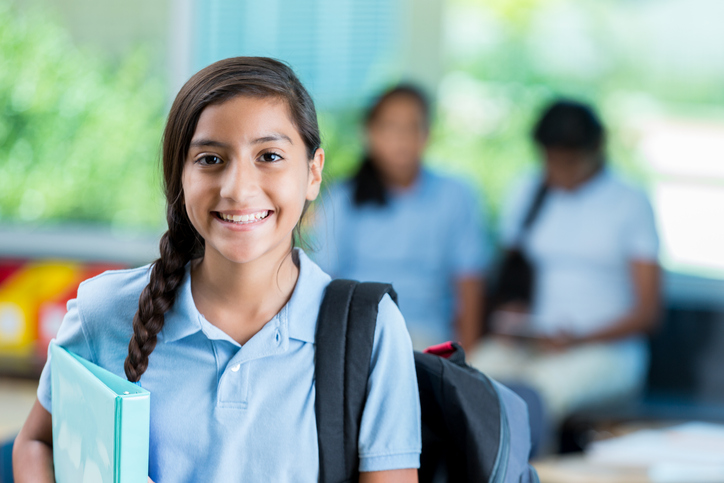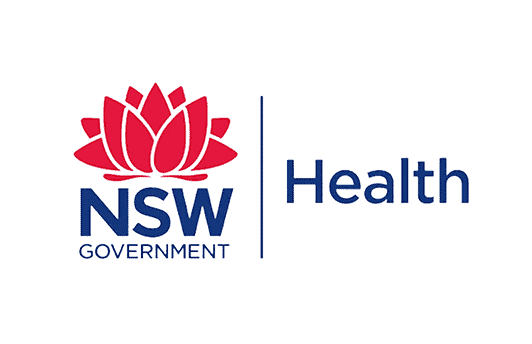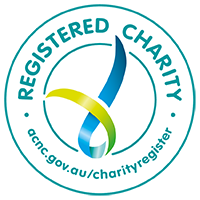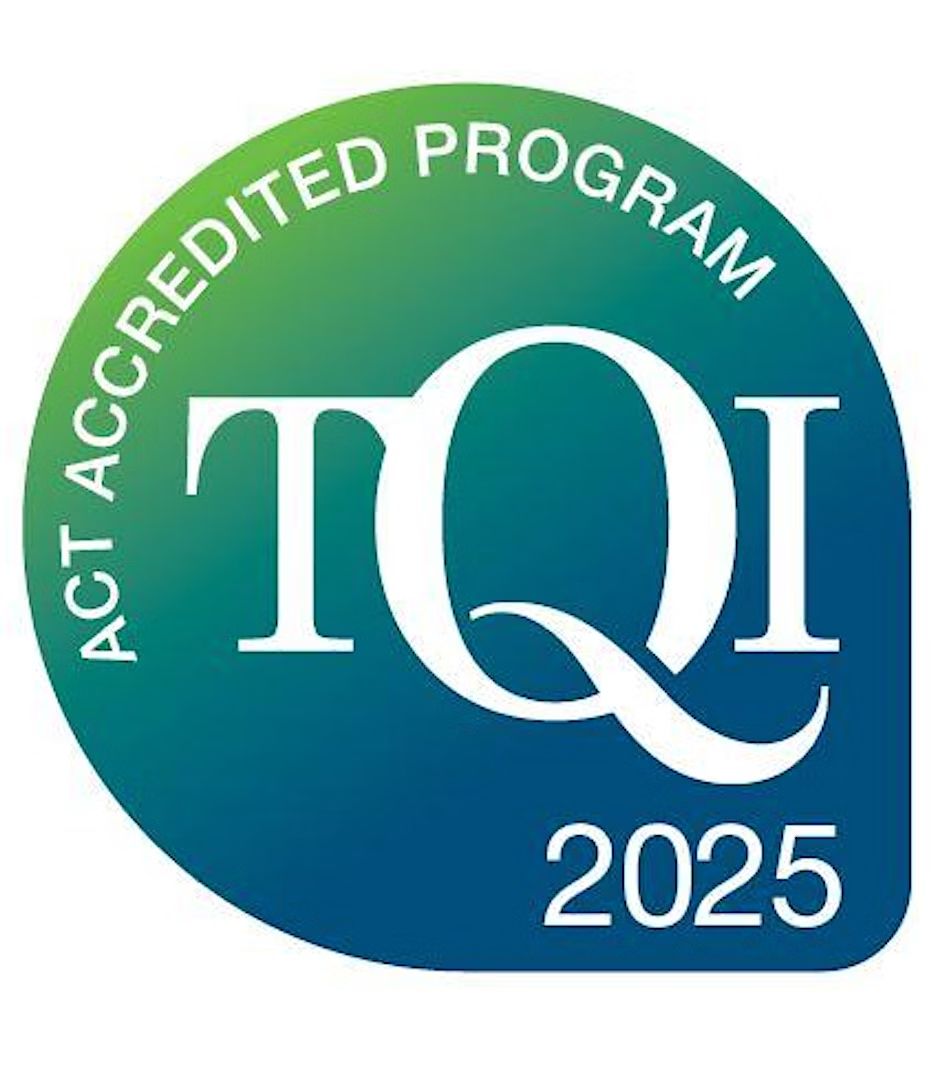First published in The Daily Telegraph on 17 February 2022. Reproduced with permission.
Shakespeare spoke of it in his rousing Saint Crispin’s Day Speech, promising that people remember battle scars long after forgetting everything else. Queen Victoria’s stoic resolve saw her pronounce it was the great events that made her the most quiet and calm.
There’s a common theme that the great men and women across history have all tried to convey.
That is, that the most important part of leadership is showing up.
Unfortunately, the problem facing our 2022 school leaders is that for the past two years, they’ve been denied the chance to show up at all.
For the first time ever, this year’s cohort of school leaders will be working without any help, influence or instruction from the year before them – they’ll be flying blind, driving without a road map.
More than four million students around the country have returned to school with an alarming void in leadership experience among our young people.
This is a problem not of their own doing, but a problem of circumstance, which is why the onus is on organisations like Peer Support Australia, in collaboration with government, to provide them as much support as possible.
Because unlike the school seniors before them who’ve had the benefit of watching the class ahead of them, this year we’re demanding so much more from our young people.
When you look at the 2022 primary and secondary leaders, you’ll realise the last “normal” year they experienced at school was Year 9 and Year 3 respectively. These were the years when they were “middle of the pack”, hardly the time to think about developing leadership skills, nor when natural leadership qualities are formed.
After spending close to two years in virtual learning, disrupted by unconventional and disjointed breaks of time back in the classroom, this current crop of primary and secondary seniors is not only being expected to finish the most demanding academic years of their lives, but are also being expected to lead their younger school mates, despite never being shown how.
This is an incredible burden we’re expecting students to shoulder, especially considering it’s also on top of the time they’re expected to make up, having been out of the classroom.
Term One this year will not be the time to throw students blindly into school buddy or peer support programs if they haven’t been given proper instruction previously.
Because without proper guidance and leadership from parents and teachers, the pressure about to be placed on this year’s school leaders is an unfair expectation.
From our organisation’s experience, I can tell you that students, no matter what age, are nervous about starting a new school year at the best of times.
Now, add to that the pressure of being recently vaccinated, enduring extended Covid-related lockdowns and the isolation that brings – and in some parts of the country there are natural disasters families are still being forced to overcome.
Currently, the Peer Support program operates in around 1000 government, Catholic-systemic, independent, and other faith-based schools, and this is a footprint that must grow to meet the unique demands that have been forced upon both schools and students due to the Covid pandemic.
This growth is critical because it takes time and experience to teach leadership skills to primary students such as optimism, resilience, how to develop relationships and the maturity to instil the correct anti-bullying attitudes and mindsets.
For senior students, it’s also vital we teach them about the proper use of influence, accountability and integrity. However, it is important to note that parents of students of all ages have nothing to fear, because I suspect that this year’s school leaders will pleasantly surprise us and rise to the occasion.
So go watch these kids because the Covid generation is going to grow to achieve amazing things, provided we give them the support they deserve.
Tim Denny is the Chair of Peer Support Australia




